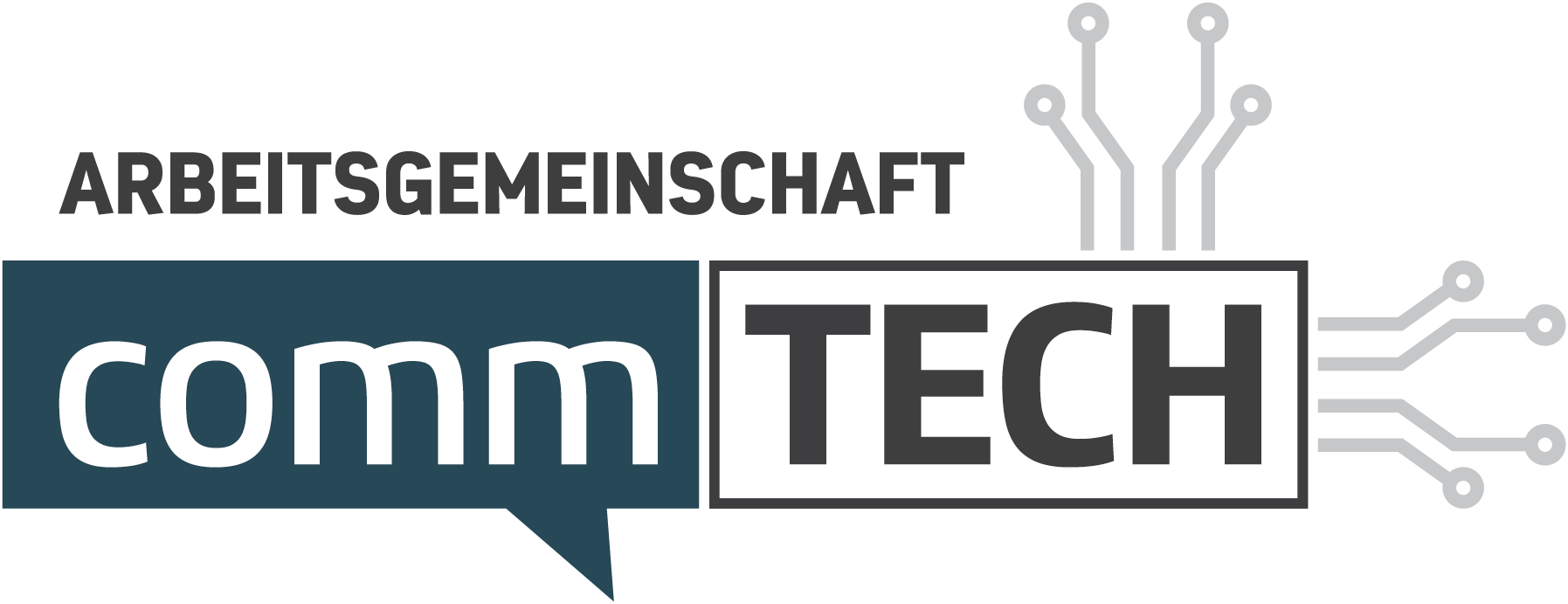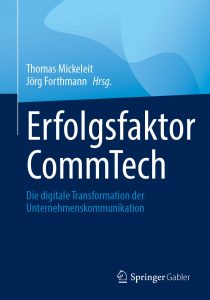- 6. May 2024
- Posted by: Die Redaktion
- Category: BEST PRACTICES

Interview with Dr. Michael Schmidtke: AI allows us to understand dialog better and conduct it more intensively
An insight into Bosch’s pioneering work in the field of artificial intelligence
Dr. Michael Schmidtke is Vice President Content Flow and Digital Channels at Bosch. In an interview with AG CommTech, he gives an insight into seven years of using artificial intelligence in corporate communications at Bosch. He has been in charge of content flow management and the digital channels of corporate communications at Bosch since 2020. This task includes the orchestration of content across all internal and external channels, the use of AI and analytics as well as the strategic, technical and content-related further development of the company’s digital presence, from corporate websites and social media to chatbots and the podcast “From Know-how to Wow”. Michael Schmidtke has held various management positions at Bosch since 2006, including Head of Digital Communications and Head of Communications at Bosch Power Tools. He previously worked in consulting firms in the fields of technology, online and change communication. Michael Schmidtke on Linked-in.

The following interview was conducted independently by the YessPress ComTool with its new ChatGPT interface. To this end, the tool transcribed the CommTech webinar from April 23 and was then given the task of pouring the key messages from it into a written interview and finding a headline for it. The use case was set up by Technology Cluster Lead Richard Tigges from Audi. The manual post-processing on his part took 3 minutes, 12 seconds. The technical additions made by the interviewee were within a normal time frame.
Richard Tigges: You have been responsible for the implementation of AI in corporate communications at Bosch for seven years. Could you start by telling us what your responsibilities are as Vice President Content Flow and Digital Channels at Bosch?
Michael Schmidtke: With pleasure. Basically, my role is about orchestrating the planning and playout of content. This means that in Corporate Communications, I make sure that we coordinate the most important content across all departments, that this content is distributed and used efficiently and that our digital corporate presence in particular functions optimally.
Richard Tigges: Please comment on the use of AI at Bosch and why you have been working on this topic for so long!
Michael Schmidtke: AI has long played a central role at Bosch. All of our products are now equipped or manufactured with AI. With over 1,000 patents in this area, Bosch is the leader in Europe. We have a total of 5,000 AI software developers and have trained more than 30,000 employees in AI. All of this has enabled us in Communications to work intensively with AI for seven years now.
Richard Tigges: In the CommTech webinar, you also talked about an AI code and emphasized the importance of transparency. What is it all about?
Michael Schmidtke: Exactly, Bosch developed an AI code in 2020 that defines how we produce AI products. It is very important to us that our process is largely transparent so that our users also understand how our AI products are manufactured. This also applies to use in communication.
Richard Tigges: And how does Bosch use AI in communication?
Michael Schmidtke: Our first use of AI in corporate communications was at Christmas 2017, when we analyzed 800,000 tweets to identify patterns on which we then built a content strategy for the #SantasNewRide campaign. A year later, we developed our first chatbot Frizz and since the beginning of 2023 we have been using AI voice technology for our podcast “From Know-How to Wow”.
Richard Tigges: You mentioned that your chatbots have been a great success with the target groups. Can they also reduce the workload for your teams?
Michael Schmidtke: Absolutely, one example of this is our chatbot “Beegee”, with which around 3,000 intranet editors engage in dialog every month and which helps them to use our content management system. We now require almost no other digital training measures and the number of telephone inquiries to our experts has also fallen. Our experience shows that chatbots have a high level of acceptance and make work easier for the communications team if they are done well and offer real added value.
Richard Tigges: And how do you see AI developing in the future, particularly in relation to virtual influencers?
Michael Schmidtke: The high level of interest in our chatbot “Frizz” has encouraged us to continue thinking in this direction. 32,000 users have already spent an average of more than 9 minutes chatting with our virtual Bosch fridge, which is simply a “cool guy” and has been great to chat to via AI since it “leads a connected life”. Thanks to the new possibilities of AI, we can produce such “virtual characters” more and more cost-effectively, make them more interactive and use them more easily on different channels.
Richard Tigges: Finally, what have you learned from your work with AI in the long term?
Michael Schmidtke: AI offers new opportunities for longer content formats, as the average usage times for our chatbots and podcast episodes show. In addition, AI makes us even more efficient in the targeted playout and orchestration of content. Finally, AI also helps us with digital dialogs and conversations, which are becoming increasingly important and extensive. AI enables us to understand these dialogs better and conduct them more intensively, which opens up new possibilities for communication.

